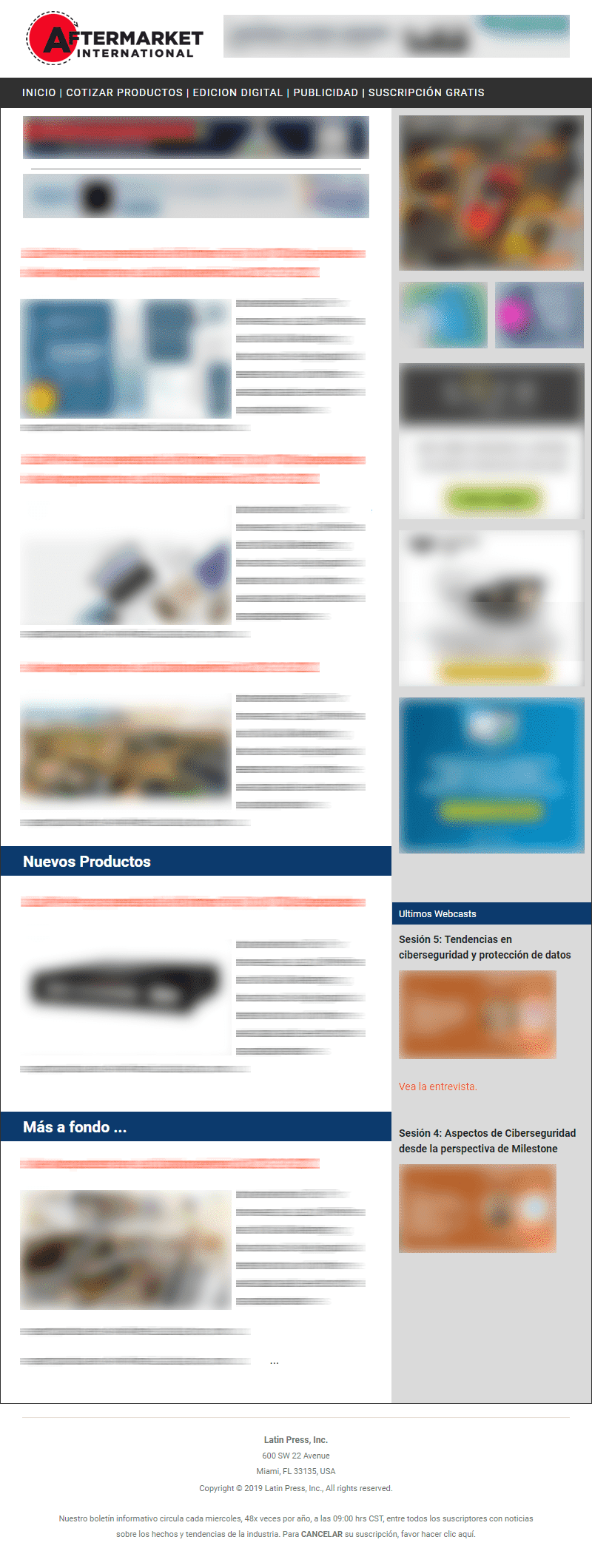Germany. David Kaiser of Liqui Moly recommends additional additives for new fuels.
The new alternative fuels offer German customers a wider range at the fuel pumps. B10, XTL or HVO are more environmentally friendly diesel fuels.
David Kaiser, Head of Research and Development at LIQUI MOLY, explains what to consider before refuelling the new fuel variants.
Which vehicles can be refueled with these alternative fuels?
David Kaiser: "Any vehicle approved by the manufacturer. If there is a symbol with the mark XTL or B10 on the inside of the fuel filler cap, you can refuel without hesitation."
What are the differences with conventional diesel?
David Kaiser: "In practice, the new diesel variants perform no worse than the diesels available to date. Tests have proven it. Due to their synthetic nature, XTL and HVO are of even higher quality from a technical point of view, as they do not contain aromatics or other by-products. (…) Compared to biodiesel or mineral oil diesel, this alternative fuel burns cleaner and is more resistant to aging."
B10, XTL, HVO: three abbreviations, but only two new fuel types. What exactly does that mean?
David Kaiser: "With the B10 diesel, the explanation is simple. Compared to the previous B7 diesel, which has a biodiesel content of seven percent, this is ten percent for B10. The remaining 93 and 90 percent are fossil diesel. In contrast to HVO, the fuel is still made from lightly processed natural materials. And this is where we come to the next abbreviation. HVO stands for Hydrotreated Vegetable Oils. They are made from wasted food or vegetable oil. XTL is short for X-To-Liquid. The X represents any source of energy that liquephages. The starting material can be any raw material. And it is converted into paraffinic diesel in a synthetic production process."
Is the procedure always the same?
David Kaiser: "No, there are two different ones. In the Fischer-Tropsch process, fuels are produced from a syngas, which serves as the base. This is composed of hydrogen and carbon monoxide and can originally be biomass, coal, natural gas or green hydrogen and CO2 from the air. The additive gives the fuel its name: BTL is biomass to liquid. In the case of CTL, the C stands for coal, and in the case of gas, the fuel is called GTL when natural gas is used or e-fuel when hydrogen is used from electrolysis. The other process uses hydrogenated vegetable oils, HVO for short. It can be refueled in pure form or mixed with fossil diesel."
Are there more specific designations for these blends?
David Kaiser: "Yes. Depending on the HVO content, the fuel is called Climate Diesel 25, Climate Diesel 90 or HVO 100 or "Diesel C.A.R.E."
Are fuel additives from LIQUI MOLY no longer necessary?
David Kaiser: "30% less wear on technical components means less wear, but not without wear. In addition, residues and deposits are still produced during the combustion process, somewhat less than in the B7 diesel. To ensure that the engine runs as long as possible, we also recommend additives that clean and maintain the system when using the new fuel types; For example, the diesel engine system cleaner. Especially since the new types of diesel do not have the same lubricating properties as conventional fuels for compression-ignition engines. Our diesel additives can be safely used in B10 and XTL."
Finally, do you have any expert advice?
David Kaiser: "If you want to move from fossil diesel to HVO and XTL, it's advisable to clean the fuel system with additives. This eliminates existing deposits. If additives are then added to the tank periodically when filling the new fuel, combustion residues are avoided."





















Leave your comment